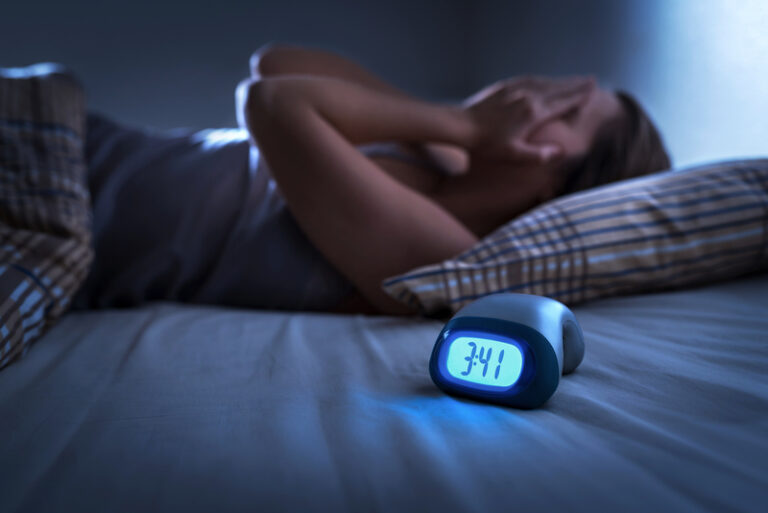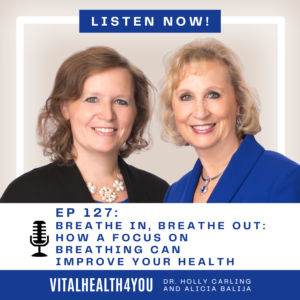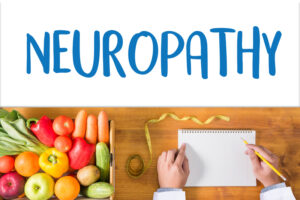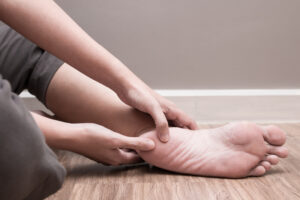When you don’t sleep well, there are many costs. Costs to quality of life, to health, to work, to family and other costs. We all pay the cost in one way or another – in medical insurance, in accidents, in our taxes. The costs are profound! The measureable ones are astronomical, the ones we can’t measure, clearly unfathomable.
The National Commission on Sleep Disorders Research submitted a report to the US Congress in 1993 on the cost of insomnia. The numbers were staggering. They were broken down into Direct Costs (charges for medical care borne by the patient, health care providers, insurance companies or the government), Indirect Costs (costs borne by the patient, or employer resulting from illness-related injury or death), and Related Costs (all other measurable costs resulting from insomnia, such as car accidents). Not in this report are losses to companies due to lack of productivity, long term disabilities due to accidents, etc.
According to the Vancouver Sleep and Breathing Centre website, “[The] Direct Costs for insomnia in 1990 were estimated to be $15.4 billion. This was spent primarily on physician visits and prescriptions for sedative/hypnotics. The amount spent on over-the-counter medications such as “Nyquil” and “alternative” treatments such as herbal remedies could not be determined but may double the estimate.
Direct costs for sleep apnea in 1990 were estimated to be $275 million. CPAP treatment costs $2,000-$3,000 per patient and has a failure rate of ~50% due primarily to non-compliance. CPAP treatment probably accounts for 50-60% of the direct costs with the remainder being due to surgery.”
They go on to cite Indirect and Related Costs: “Sleep-related accidents likely account for most indirect and related costs of sleep disorders. Estimates range from $1.75 billion to $56 billion annually in the U.S. … The consensus favors the higher estimates.”
In a study on insomnia in the province of Quebec, the total cost of insomnia was estimated at $6.6 billion (Cdn$). The study, entitled “The Economic Burden of Insomnia: Direct and Indirect Costs for Individuals with Insomnia Syndrome, Insomnia Symptoms, and Good Sleepers”, authors Meagan Daley, PhD, et al, stated: “This includes direct costs associated with insomnia-motivated health-care consultations ($191.2 million) and transportation for these consultations ($36.6 million), prescription medications ($16.5 million), over the-counter products ($1.8 million) and alcohol used as a sleep aid ($339.8 million). Annual indirect costs associated with insomnia-related absenteeism were estimated at $970.6 million, with insomnia-related productivity losses estimated at $5.0 billion. The average annual per-person costs (direct and indirect combined) were $5,010 for individuals with insomnia syndrome, $1,431 for individuals presenting with symptoms, and $421 for good sleepers”. While this is Canada, it gives us a glimpse of costs here as well.
While the cost of not sleeping is high, however it is measured, the extra cost is essential to start sleeping well, now. There are many alternative ways to start sleeping. The effort applied is worth it in all ways.
©2018 Holly A. Carling, O.M.D., L.Ac., Ph.D.
Medical/Health Disclaimer:
The information provided in this article should not be construed as personal medical advice or instruction. No action should be taken based solely on the contents of this article. Readers should consult appropriate health professionals on any matter relating to their health and well-being. The information and opinions provided here are believed to be accurate and sound, based on the best judgment available to the author, but readers who fail to consult appropriate health authorities assume the risk of any injuries.







